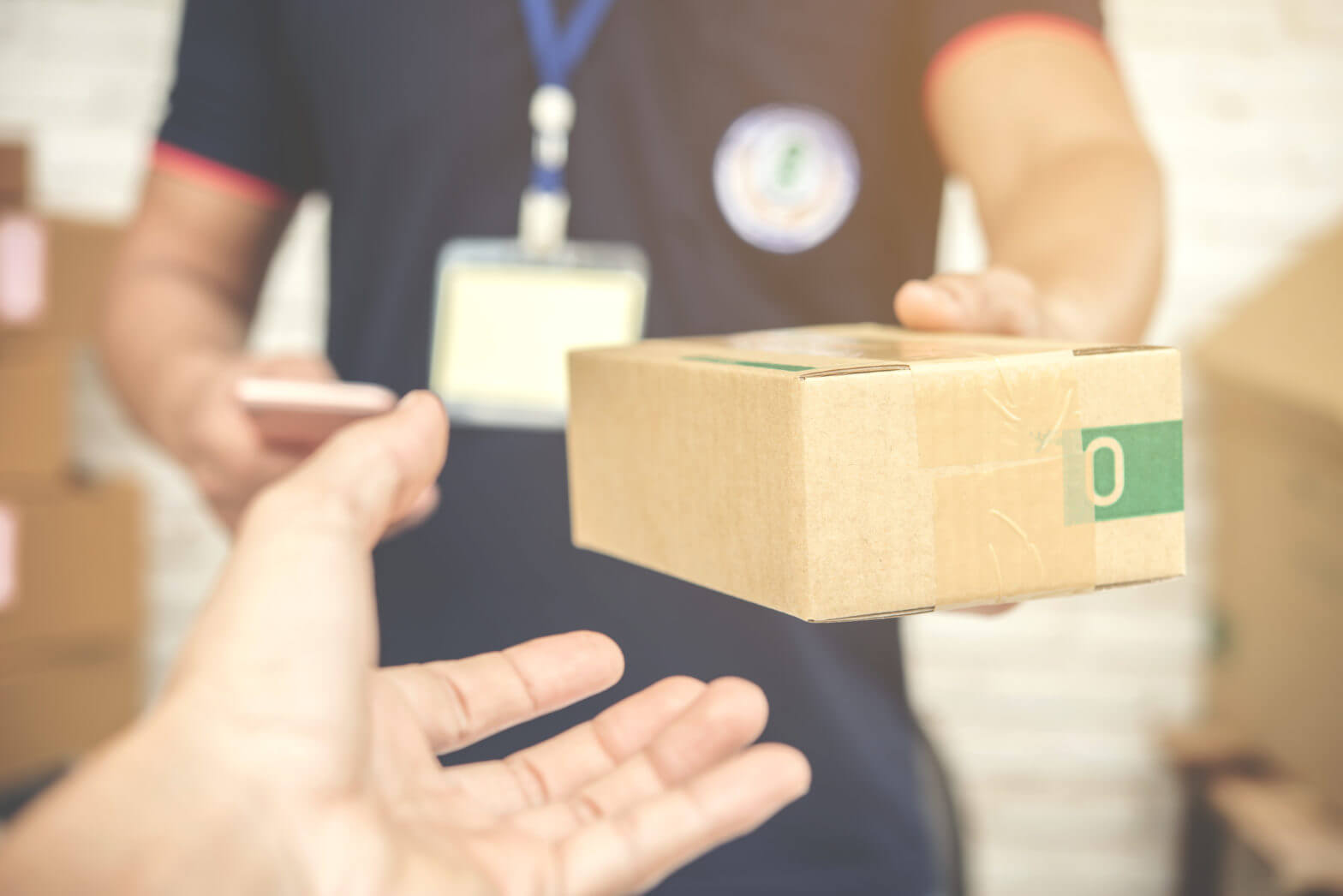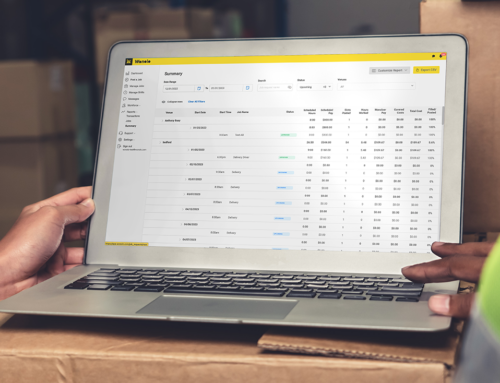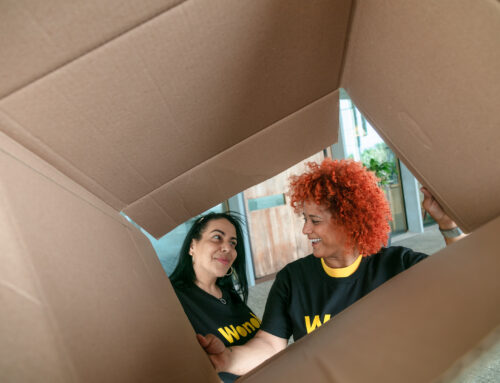Wonolo
Ecommerce Boom
The COVID-19 pandemic has upended many industries, leaving some struggling and others booming. Over the past decade we have seen ecommerce grow in popularity, but the pandemic accelerated this trend rapidly. Many consumers are limiting in-person shopping for safety reasons and turning to ecommerce more than ever before. This uptick has put an undeniable strain on third-party logistics, including warehousing and fulfillment. These industries have been staffing up to meet demand, plus adapting their policies and trying new business strategies.
Here at Wonolo we have helped businesses fill over 250,000 third-party logistics jobs in the past, including warehousing and production, pick, pack, and ship, and general labor positions. We continue to see that number grow rapidly with this ecommerce boom.
Holiday Spending Stays Strong
Many sectors of the economy have taken a hit as the pandemic keeps workers at home and decimates the entertainment, restaurant, and travel industries. But it looks like that hasn’t impacted holiday spending. The National Retail Federation reports, “Holiday sales during November and December will increase between 3.6 percent and 5.2 percent over 2019… compared with an average holiday sales increase of 3.5 percent over the past five years.”
This year has been very difficult, and many consumers could understandably be looking to have a positive holiday season with gifts, just as they would have in the past. However, this spending is definitely not happening at in-person retail outlets at the same rate as it has in the past.
Retail is Moving From Malls to Warehouses
Seasonal jobs are changing in the face of consumer pressure. Gone are the days where a holiday job meant heading to the local mall to see who was hiring. Vox reports, “[i]n 2018, retailers added roughly 625,600 temp jobs. Last year, the seasonal hiring spree slowed down a bit, with companies looking to fill only 590,000 positions. This year, recruiting firm Challenger, Gray & Christmas says companies have announced just 378,200 positions as of mid-October.” Retailers simply don’t need the same amount of staff in their stores as the popularity of in-person retail declines.
The shift to e-commerce means that the nature of seasonal work has fundamentally changed. While some people may find they enjoy working behind the scenes, others may want a job with customer interaction. Qualified workers for warehouse and fulfillment jobs look different than qualified workers for traditional retail jobs. This has led to a lot of competition for qualified labor to fulfill all of those holiday orders. The pandemic also introduces new space constraints as temporary workers are added to fixed warehouse space.
Shipping Companies Under Pressure
Another part of the ecommerce logistics chain that is impacted by high demand is shipping companies. There have already been reports that major shippers like UPS and FedEx have had to limit the number of shipments they can carry for some major retailers. CNN reports, “Cyber Monday sales also saw an upswing, bringing in $10.8 billion in sales, a 15% bump from the previous year. That made Cyber Monday the largest online shopping day in history, per Adobe Analytics.” Bloomberg also reports that FedEx and UPS have been seeing cargo van shortages amid the holiday rush. This means that some delivery contractors are having to rent vehicles, and these shipping companies have to pay additional compensation for those expenses.
According to Supply Chain Dive, regional shippers are seeing a big uptick in volume as well. OnTrac stopped taking new customers in August due to the unprecedented demand. Companies like Kohls, Best Buy, and Ulta have all started using regional shipping carriers to augment their shipping capacity and stay flexible.
We anticipate that this surge of demand will continue into 2021, as 3PLs not only have the responsibility to fill orders but also manage order returns and reverse logistics.
The Future of Retail: A Hybrid Model
While we have been slowly moving towards ‘ecommerce first’ retail for a while, the pandemic has accelerated this trend greatly. So what might the future look like? One compelling model can be seen from Macy’s. They have recently opened two facilities called Macy’s Omni Service Centers in Colorado and Delaware. The Omni Service Centers are essentially “dark stores,” which are stores that fulfill online and pickup orders, but don’t allow customers inside to shop. This allows one facility to support in-person pickup and shipping. This could be a way to consolidate regional stores in the future, all while supporting consumer preference for ecommerce.
Wonolo will keep monitoring 3PL hiring trends and keep you apprised as we move into 2021. If you need more warehouse workers, contact our team to learn more about how Wonolo can help.
The information provided on this webpage is for general information purposes only and should not be viewed as legal, financial, or other professional advice. All information provided on the site is provided in good faith, however we make no representation or warrant of any kind, express or implied, regarding the accuracy, adequacy, validity, reliability, availability or completeness of any information on our site. You should not act upon information contained on this without seeking appropriate professional counsel.






